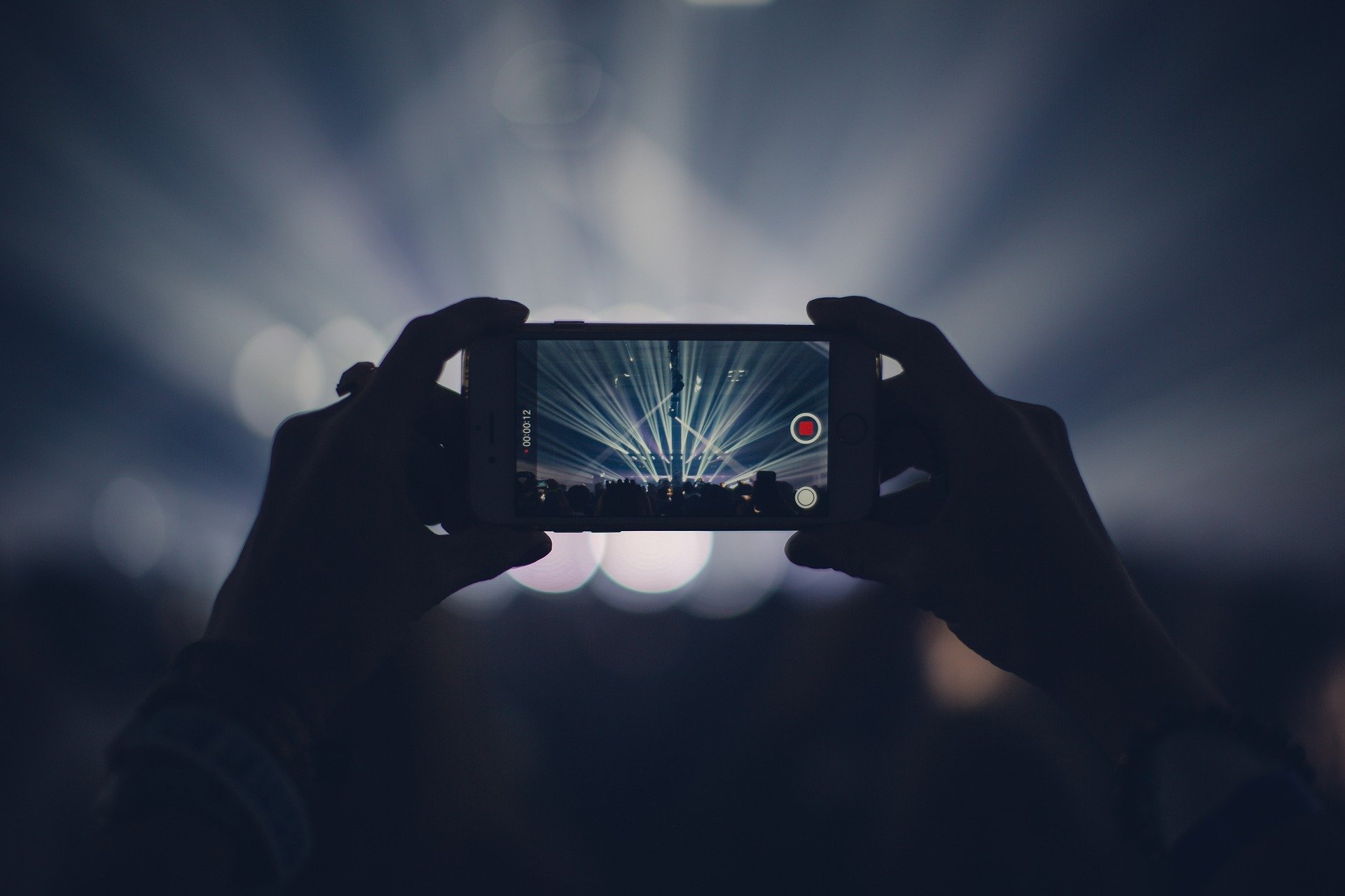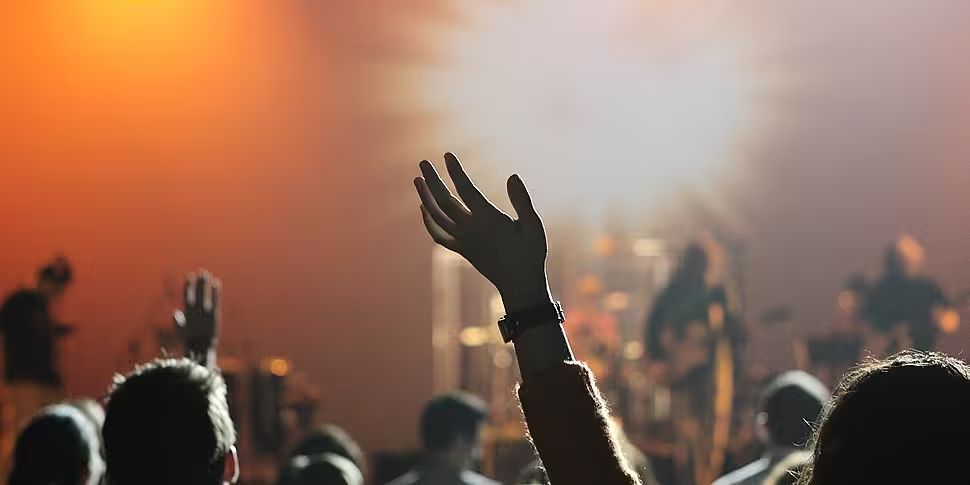Immunologist Professor Luke O'Neill says study results suggest concerts could go ahead, despite the ongoing risk of the coronavirus.
It comes after a German study found that the more entrances a venue has means a decreased risk of spread.
Findings from a test event with 1,212 people suggested that indoor concerts have a 'low' impact on infection rates - provided they are well ventilated and follow public health protocols.
All participants and staff, who wore N95 masks during the event, tested negative within 48 hours after.
Three different scenarios were looked at: one with no restrictions, another with moderate restrictions - such as checkerboard seating and using twice as many entrances - and a final 'strong restrictions' scenario.
This used pairwise seating with a 1.5m space to the next participants, and with four times as many entrances.
Prof O'Neill told Pat Kenny: "A massive study was done in Leipzig in Germany, where they did two concerts.
"They monitored the people - they kind of ran a dummy run, in a way.
 Image by Pexels from Pixabay
Image by Pexels from Pixabay"They used apps on their phones, they tracked them, they measured them in all kinds of ways.
"And the results are out: What they've shown is [that] most people don't spend too much time in contact with someone else at a concert except people beside them - so you're in your bubble - and that's a good thing.
"You mainly hang around with people on the way in, as you're queuing and so on, or if you go to the food stalls.
"So what they've modeled is the more entrances into the venue, the decreased risk of spread."
"Secondly, 90% mask wearing is needed at these events - which is another thing to keep in mind.
"And actually the food was the big one.
"If you go at the break or whatever to get food at the food stall, if you hang around there that's a bad thing.
"So get your food and go back to your seat".
"In other words they're coming up with ways to open venues safely".









